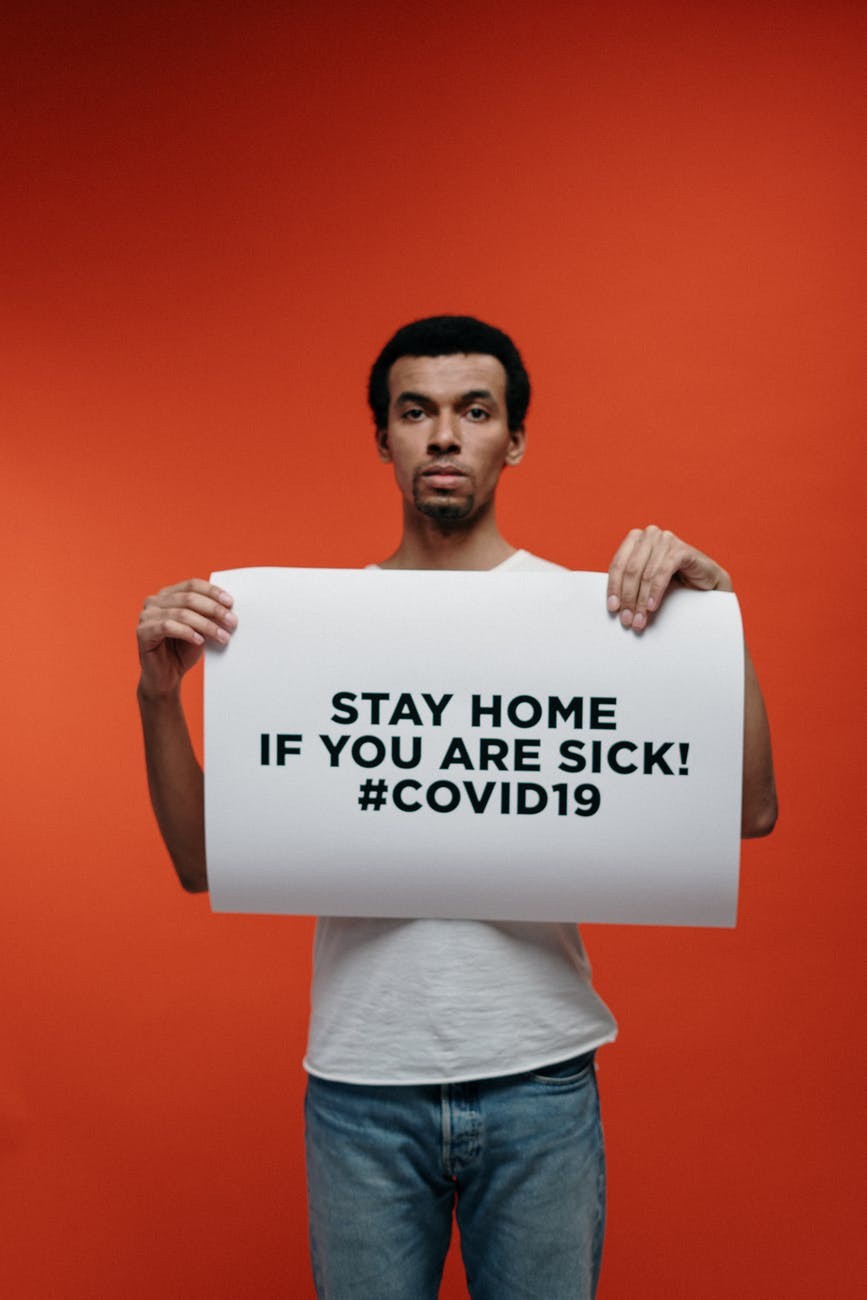New Study Found Out that a Person May Remain Asymptomatic for Longer Period of Time
A new study found out that a person may remain asymptomatic for longer than previously thought. The study also found out the isolation period should not be undermined.

Having COVID-19 without experiencing any symptoms or being asymptomatic is what makes the virus highly contagious. Most of the time, persons start to isolate themselves after they get tested positive for the virus. However, this should not be the practice.
The rule of thumb of what people knew is to self-isolate within fourteen days if exposed to someone who tested positive for the virus. While it is true that in most cases, symptoms may reveal during the fourth and fifth days, persons must remain isolated.
According to a new study published in Science Advances, researchers found that patients may remain asymptomatic for a longer period than previously thought. It turns out that patients may experience their first symptom approaching day eight.
The new study conducted is more accurate compared to the previous studies. This is because it is a study with the most significant number of participants so far. This means that the bigger the number of participants, the higher is the chance of having a good generalization.
The researchers pointed out, "The few existing estimates of four to five days were based on small sample sizes, limited data, and self-reports that could be biased by the memory or judgment of the patient or interviewer."
Researchers try to eliminate bias by relying on their study on public databases that logged the dates of infections as they occurred. Using this data, researchers found out that we may undermine the 14-day mandatory isolation once you get exposed to someone positive with the virus.
Researchers found out that around five to 10 percent is the chance of transmitting the virus if an asymptomatic person will immediately stop isolation on the seventh day. That is why it is crucial to finish the 14-day isolation.
Moreover, if you also knew that you are exposed to someone who tested positive for the virus. It is important to decide to self-quarantine rather than waiting to experience a symptom or waiting to get tested for the virus. It is better to prevent possible virus transmission at an early stage.
They also added not to wai anymore for symptoms if once you are exposed to someone, or you came from a place with a high number of infections. This is most advised for young adults who have increasing numbers of asymptomatic persons according to the data obtained by the World Health Organization.
During the early days of the global pandemic, it was reported that the elderly are vulnerable to get infected for the virus. While this remains true because of their weak immune system, it was also found that their risk of getting infected is higher because of asymptomatic young adults.
Check these out!
Subscribe to Latin Post!
Sign up for our free newsletter for the Latest coverage!

















